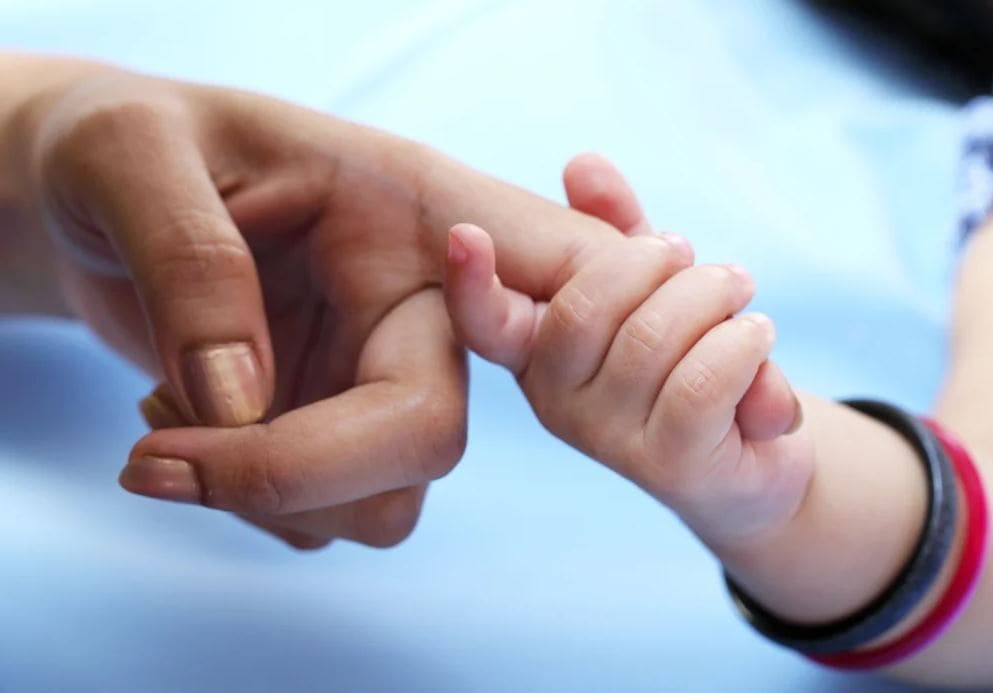Introduction
Parental attachment is crucial in shaping a child’s development since children rely on their caregivers for guidance, security, and support, similar to understanding what is a rhetorical analysis essay, which dissects relationships clearly. In this case, parental affection forms the foundation of emotional development, which is crucial in environmental interactions with others. Moreover, attachment fosters language and problem-solving skills by enhancing cognitive development. It also develops a sense of trust and security, promoting social development that enhances children’s self-identity and confidence in their daily activities. Forming a positive parental attachment plays an essential role in improving children’s emotional, cognitive, and social capabilities.
Emotional Development
Parental attachment gives leeway to forming the foundations of children’s emotional development. For example, parent-child relationships facilitate an enduring emotional bond that allows children to explore the environment while maintaining close contact and proximity that foster their healthy development (Frosch et al. 46). The formation of a secure parent-child relationship enables the development of courage to explore the world, and this process is facilitated by the positive social and emotional outcomes of bonds linking children to their parents. Hence, parental attachment promotes emotional resilience, providing children with the earliest context for personal and group relational health.

Cognitive Development
Parental attachment is crucial to promoting children’s cognitive development. For example, nurturing and responsive caregiving improve children’s cognitive and developmental abilities (Wang et al. 2). Responsive caregiving helps to form a positive attachment that fosters the improvement of cognitive abilities, such as problem-solving and language, leading to the development of functional skills. Therefore, adequate parenting leads to cognitive growth that promotes language acquisition and increased problem-solving skills, leading to a healthy child’s development.
Social Development
Parental attachment significantly enhances children’s social development and their ability to form relationships with others. For example, a positive parent-child attachment promotes security and trust, allowing children to develop cooperation, empathy, and social skills toward others in the environment where they live (Xu et al. 3). Caregivers play crucial roles in guiding their children on how to manage their emotions, develop healthy peer and adult relationships, and create a social profile that is essential to the creation of self-confidence and a robust identity sense. As a result, positive parental attachment can contribute to ease in social interaction, mitigating aggression, difficulties, and withdrawal in interacting socially and forming friends in children.
Conclusion
Parental attachment plays a crucial role in a child’s development by enabling the formation of fundamental aspects of emotional, cognitive, and social abilities. When parents give responsive nurturing to a child, this process helps in emotional development. It also promotes a sense of trust and security and enables children to interact with other members of society. Moreover, children enhance cognitive development, improve language knowledge and problem-solving skills, follow healthy development, and increase their abilities to navigate their daily interactions with the environment. In turn, the proper attachment allows children to form a good social sphere by shaping their confidence and identity in their conversations with peers and parents. Thus, parental attachment is significant in child development, leading to shaping emotional, social, and cognitive abilities in childhood and later years.
Works Cited
Frosch, Cynthia A., et al. “Parenting and Child Development: A Relational Health Perspective.” American Journal of Lifestyle Medicine, vol. 15, no. 1, May 2019, pp. 46–59, doi:10.1177/1559827619849028.
Wang, Ke, et al. “Responsive Caregiving and Opportunities for Early Learning Associated With Infant Development: Results From a Prospective Birth Cohort in China.” Frontiers in Pediatrics, vol. 10, no. 857107, June 2022, pp. 1–9, doi:10.3389/fped.2022.857107.
Xu, Xizheng, et al. “The Relationship Between Empathy and Attachment in Children and Adolescents: Three-Level Meta-Analyses.” International Journal of Environmental Research and Public Health, vol. 19, no. 1391, Jan. 2022, pp. 1-18, doi:10.3390/ijerph19031391.


